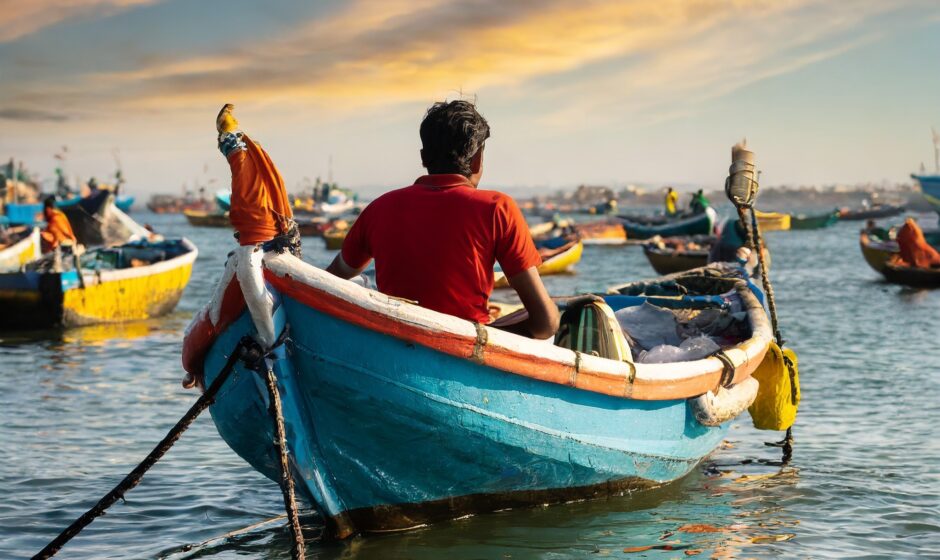The idyllic waters of Goa are no longer a haven for the traditional fishermen known as ramponkars. Their livelihood is under severe threat due to the rampant and alarming increase in illegal fishing by trawlers from neighboring states. These incursions, facilitated by the alleged inaction of coastal vigilance and policing authorities, are causing irreparable damage to the delicate marine ecosystem and depriving the local fishing community of their rightful catch.
The traditional fishing methods of the ramponkars, employing small boats and passive fishing gear, stand in stark contrast to the large, mechanized trawlers operating illegally within Goan waters. These trawlers, often flying false colors and employing destructive techniques like bottom trawling, are wiping out fish populations at an unsustainable rate. This plunder not only threatens the future of Goa’s fishing industry but also jeopardizes the food security of local communities.
The rampant illegal fishing has left the ramponkars struggling to make ends meet. Their daily catch has dwindled significantly, leading to financial hardship and food insecurity. This crisis is further exacerbated by the lack of adequate support from the authorities. Despite pleas for intervention, the coastal vigilance and policing units seem either unable or unwilling to effectively tackle the issue.
The situation in Goan waters demands immediate and decisive action. The authorities must prioritize the protection of its territorial waters and the traditional fishing community. This requires a multi-pronged approach that includes:
Increased patrolling: Regular and rigorous patrols by coastal vigilance authorities are crucial for deterring illegal fishing activities.
Strict enforcement: Implementing stricter penalties and enforcing existing laws against illegal fishing is essential to deterring further violations.
Support for ramponkars: Providing financial assistance, equipment upgrades, and training programs can help the ramponkars adapt to changing circumstances and become more competitive.
Sustainable fishing practices: Encouraging and promoting sustainable fishing practices among all fishing communities is critical for ensuring the long-term health of the marine ecosystem.
The rich fishing heritage of Goa and the livelihoods of the ramponkars are at stake. The time for action is now. By taking decisive steps to address illegal fishing and support the traditional fishing community, we can ensure a sustainable and prosperous future for Goa’s fisheries.

